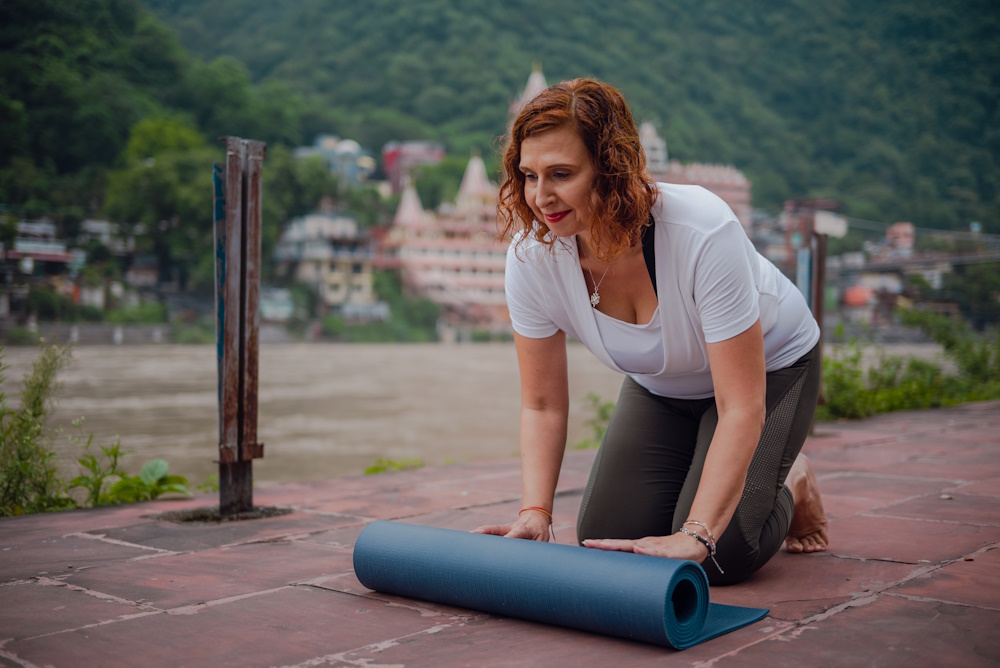Pilates challenges offer a dynamic path to improved fitness and well-being, and they’re not exclusive to individuals with advanced training. Whether you’re a beginner looking to kickstart your fitness journey or an experienced practitioner seeking new challenges, there’s a Pilates program for you. In this comprehensive guide, we will delve into the world of Pilates challenges for all fitness levels, including an examination of the different types of Pilates, their distinctions, and whether a 28-day Pilates Challenge is worth your while.
What is the Hardest Type of Pilates?
When it comes to determining the hardest type of Pilates, it largely depends on your fitness level and personal preferences. Pilates challenges are designed to be adaptable, and what may be challenging for one person might not be the same for another. However, some advanced variations of Pilates, like Classical Pilates or Reformer Pilates, can be considered more challenging due to their intricate movements and equipment usage.
For those just starting, mat Pilates is often recommended as it provides a solid foundation for the practice, allowing individuals to progressively advance to more challenging forms as their strength and flexibility improve.
What Are the Different Levels of Pilates?
Pilates is typically categorized into three main levels:
1. Beginner Level: This level is suitable for those new to Pilates or anyone looking to establish a solid foundation. Beginner Pilates focuses on mastering basic movements, proper alignment, and building core strength.
2. Intermediate Level: Intermediate Pilates introduces more complex exercises and challenges. It assumes a certain level of core strength and flexibility and incorporates a wider variety of movements and positions.
3. Advanced Level: Advanced Pilates is designed for experienced practitioners. It features intricate exercises that demand a high degree of strength, flexibility, and body awareness. It often involves specialized equipment like the Pilates Reformer.
What Are the 6 Different Types of Pilates and How Are They Different?
Pilates has evolved over time, giving rise to various styles and approaches. Here are six different types of Pilates and their key distinctions:
1. Mat Pilates: Mat Pilates is performed on the floor using a mat. It focuses on bodyweight exercises to improve core strength, flexibility, and balance.
2. Reformer Pilates: Reformer Pilates uses a specialized machine called a Reformer. It adds resistance to the exercises, making them more challenging and allowing for a wider range of movements.
3. Clinical Pilates: This type of Pilates is often used for rehabilitation purposes, working on specific muscle groups to address injuries and imbalances under the guidance of a trained therapist.
4. Contemporary Pilates: Contemporary Pilates incorporates modern exercise principles and equipment, offering a more varied and adaptable approach than Classical Pilates.
5. Classical Pilates: Classical Pilates adheres closely to the original teachings of Joseph Pilates. It follows a specific sequence of exercises and is known for its precision and discipline.
6. Polestar Pilates: Polestar Pilates combines the principles of Pilates with physical therapy and focuses on personalized, rehabilitative approaches.
Is the 28-Day Pilates Challenge Worth It?
The value of a 28-day Pilates challenge depends on your fitness goals and commitment. Such challenges are designed to kickstart your fitness routine, build discipline, and introduce you to the benefits of Pilates. They can be a great way to establish consistency and see improvements in your strength, flexibility, and overall fitness.
Ultimately, the worth of a 28-day Pilates challenge depends on your dedication to the program and your personal fitness journey. It can be a valuable starting point or a refreshing change for those already familiar with Pilates.
In a Nutshell
Pilates challenges cater to individuals of all fitness levels, offering a versatile range of options to choose from. Whether you’re a beginner, intermediate, or advanced practitioner, there’s a Pilates program suitable for you. Consider your goals, preferences, and commitment level when selecting the right Pilates challenge, and remember that the key to success lies in consistency and dedication.
